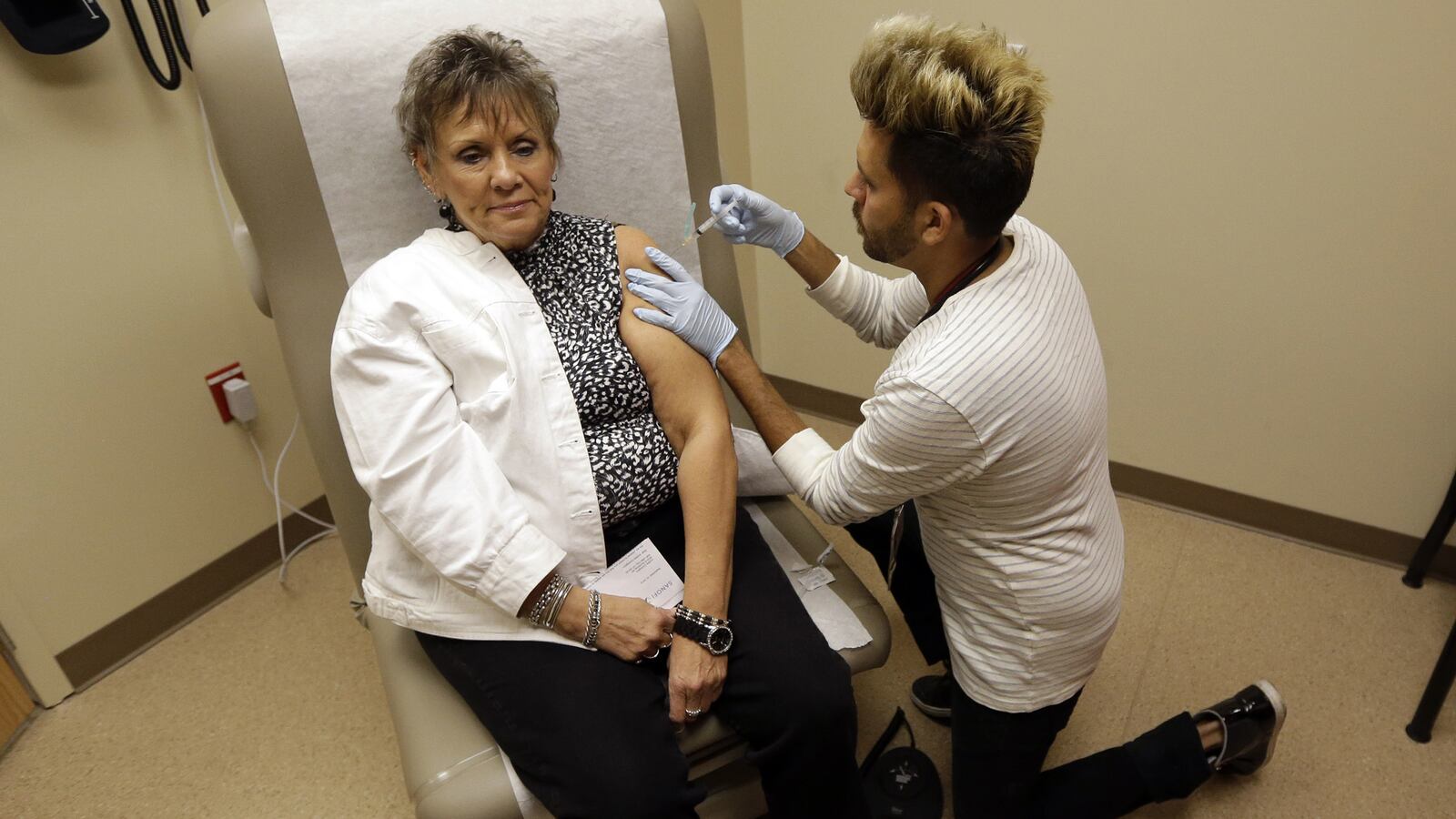If you had the good fortune to have lived under a rock the past couple weeks, you may be unaware that on Tuesday, October 1, the Health Insurance Marketplace, better known as exchanges, will open.
In order to understand what these exchanges are and why everybody is making such a fuss, here is a quick guide to what will happen Tuesday.

(1) What is the Health Insurance Marketplace?
One of the major goals of the Affordable Care Act (a.k.a. Obamacare) was to achieve universal access to health care. Prior to the exchanges going live, most individuals purchased health insurance through their employers, as buying directly from insurance companies is incredibly expensive (companies with many employees have a larger risk pool). Thus, unemployed, part-time workers or employees at companies that did not provide health insurance were more likely to be uninsured.
So, in the Affordable Care Act, marketplaces in each state, called exchanges, were created to allow the uninsured to pool their numbers and shop among private insurers for a suitable health insurance plan. The competition between insurers as well as the consolidation of the uninsured is believed to bring down the price of premiums to a more affordable number. This is important, as part of the ACA is the individual mandate, which requires that all people have minimum essential coverage. A quick detailing of the penalties for noncompliance as well as exceptions can be found here.
The exchanges are run on a state-by-state basis, and in one of three ways: entirely by the state, entirely by the federal government, or by a partnership of the two.
(2) Everybody, just chill out.
Given the high-profile nature of the rollout, as well as the potential for political gain, there will likely be an odious clamoring to either trumpet its success or proclaim its failure.
Resist that temptation.
For a variety of reasons, there will likely be glitches. Health insurance can be quite confusing, and it is highly unlikely everybody will be happy with their choices. Given that health care is nearly 20 percent of the economy, a longer view of the exchanges’ effects will be necessary, and the true ramifications will take years to unfold. If the freakout is contained within the cable-news echo chamber, we will all be better off.
(3) Whom does this affect?
Another reason not to panic: on Tuesday, for the 263.2 million people who already have some form of health insurance, NOTHING changes. This includes people covered by employers as well as by Medicare.
That being said, issues like employee dumping may arise. Employee dumping is when employers find it tenable to pay the per-employee penalty for not providing health insurance. This would be made all the more likely if the exchanges are a success. It is unknown whether employee dumping will have a positive or negative effect on the marketplace.
(4) How much will the exchanges cost?
As mentioned previously, on Tuesday those who already have insurance will not be affected. For those who previously paid out of pocket for private insurance, the hope is that premiums in the exchanges will be more affordable and offer more coverage.
For those shopping on the exchanges Tuesday, Kaiser and NPR have put together a handy calculator factoring in data like your income, state, and number of children to get an estimate of how much one would spend in the exchange.
(5) What’s all the fuss been about?
Two different storylines have made what would already be a newsy day even more so. The first is the long battle over which states would opt out of running their own exchanges. This move, made mostly by Republican governors, was largely seen as a conservative litmus test and opting in as acquiescing to Obamacare. As a result, 26 states will have their exchanges run by the federal government. Seven will be joint partnerships. Sixteen states and Washington, D.C., will run their own exchanges. Utah, which decided to be special, will run its small-business exchange, but leave the individual exchange to the federal government.
The second storyline is the ongoing attempt to repeal or defund Obamacare. The effort is back in the news because Republicans in Congress have attempted to couple funding for the federal government with a defunding of Obamacare. With a Democratic-controlled Senate and White House, any repeal under any circumstance is unlikely.
It’s important to note that a shutdown will not slow down or stop the implementation of Obamacare. As the Congressional Research Service notes, “substantial ACA implementation might continue during a lapse in annual appropriations that resulted in a temporary government shutdown” because of funds that have already been obligated (including mandatory spending as well as multiyear and no-year spending), and that the implementation may fall under exceptions to the Antideficiency Act (which prevents agencies from functioning without appropriated funds).
And just remember, the world will neither be destroyed nor saved Tuesday, so relax.






